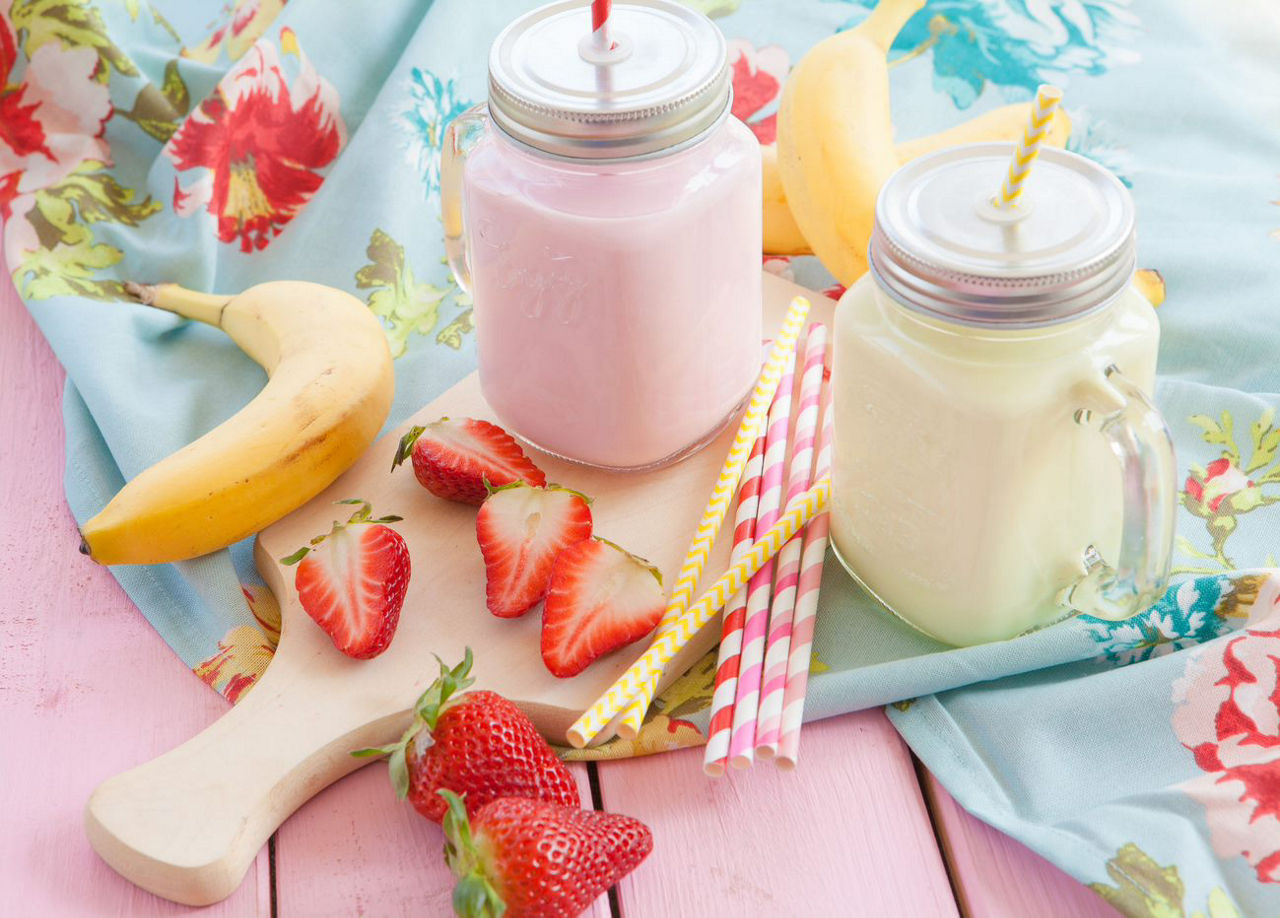Breastmilk is the best for babies. The World Health Organisation recommends exclusive breastfeeding for the first six months of life. Unnecessary introduction of bottle feeding or other food and drinks will have a negative impact on breastfeeding. After six months of age, infants should receive age-appropriate foods while breastfeeding continues for up to two years of age or beyond. Consult your doctor before deciding to use infant formula or if you have difficulty breastfeeding.
- Week 1
- Week 2
- Week 3
- Week 4
- Week 5
- Week 6
- Week 7
- Week 8
- Week 9
- Week 10
- Week 11
- Week 12
- Week 13
- Week 14
- Week 15
- Week 16
- Week 17
- Week 18
- Week 19
- Week 20
- Week 21
- Week 22
- Week 23
- Week 24
- Week 25
- Week 26
- Week 27
- Week 28
- Week 29
- Week 30
- Week 31
- Week 32
- Week 33
- Week 34
- Week 35
- Week 36
- Week 37
- Week 38
- Week 39
- Week 40
Week 14 of Your Pregnancy
You were never much of a worrier in sunny Singapore, but the pregnancy is making you anxious. Are you eating the right fish? Are the upcoming scans going to be ok? While it’s normal to worry, don’t overdo it because it’s not healthy for you nor your baby! Find out what baby’s up to this week.
Around this time, your baby’s movements will become less erratic as it starts to turn and stretch their hands, wrists and legs2. It will also continue to develop eyelids, fingernails and toenails2, and its neck will start to grow4.
To keep warm in these early weeks, don’t be surprised to find your baby covered in a soft coating of hair, known as lanugo3. As your baby develops fat, the layer of lanugo will be shed3.
Your Baby
Your baby is wriggling those fingers and toes! This little miracle is also starting to practise breathing movements. At week 14 of pregnancy, your baby is the size of a lemon at about 85mm long. Your baby’s kidneys have started to work and it is starting to wee. It may begin to swallow small amounts of amniotic fluid, which is passed into its stomach, kidneys, and back into the amniotic fluid as urine.
Your body
Meanwhile, your body has completely adjusted to the new hormonal situation and is starting to return back to normal. Therefore, most women feel well at this stage of pregnancy. Approximately 100ml of amniotic fluid surround your baby in your belly as a protective cushion. It will increase to 1.5 litres by the end of your pregnancy.
Prevent stretch marks!
You can prevent the formation of stretch marks in the later part of your pregnancy with a belly-pot-massage. Apart from using apricot kernel oil, almond oil and sesame oil, wheat germ oil is also suitable for its high Vitamin E content for skin care.
Vitamin K is important!
As part of a healthy balanced diet, ensure that you’re getting enough Vitamin K! Vitamin K is needed in small amounts – just 55 mcg per day for pregnant women.
If a baby doesn’t get enough Vitamin K during pregnancy, it can develop a rare bleeding disorder after birth8. This is why babies are given a booster shot just after they are born, though Vitamin K deficiency is rare.
By the way, synthetic Vitamin K can be toxic6. Instead of supplements, reach out for Vitamin K-rich foods such as9:
- Green, leafy vegetables such as spinach, broccoli, cabbage and kale
- Vegetable oils, especially soybean oil
- Eggs
- Lean meat
- Dairy products
Ready to start incorporating more vitamin K-rich foods into your diet? Try these meal and snack ideas!
- Vegetable stir-fry using soya oil
- Spinach or cabbage salad with grilled chicken
- Smoothie made with milk, a spoonful of yogurt and your favourite berries

1. NHS UK. You and your baby at 13-16 weeks pregnant [Online]. 2013. Available at: www.nhs.uk/conditions/pregnancy-and-baby/pages/pregnancy-weeks-13-14-15-16.aspx [Accessed July 2014]
2. Deans A. Your New Pregnancy Bible, The experts’ guide to pregnancy and early parenthood. 4th ed. London: Carroll & Brown Publishers Limited, 2013.
3. Curtis GB, Schuler J. Your pregnancy week by week. 7th ed. Cambridge: Fisher books, 2011.
4. Murkoff H, Mazel S. What to Expect When You’re Expecting. 4th ed. London: Simon & Schuster Ltd, 2009.
5. European Union. Commission Regulation (EU) No 432/2012 of 16 May 2012 establishing a list of permitted health claims made on foods, other than those referring to the reduction of disease risk and to children’s development and health. OJ L 136 2012;1-40.
6. Department of Health. Report on Health and Social Subjects 41. Dietary Reference Values for Food Energy and Nutrients for the United Kingdom. London: TSO, 1991.
7. NHS UK. Vitamin K [Online]. 2012. Available at: www.nhs.uk/Conditions/vitamins-minerals/Pages/Vitamin-K.aspx [Accessed July 2014]
8. NHS UK. What happens straight after the birth? [Online]. 2013. Available at: www.nhs.uk/Conditions/pregnancy-and-baby/Pages/what-happens-straight-after-the-birth.aspx [Accessed July 2014]
9. Gandy J (ed). Manual of Dietetic Practice. 5th ed. Oxford: Wiley Blackwell, 2014. p. 759.

Connect with our team of experts
We provide advice and support for you on your parenthood journey



